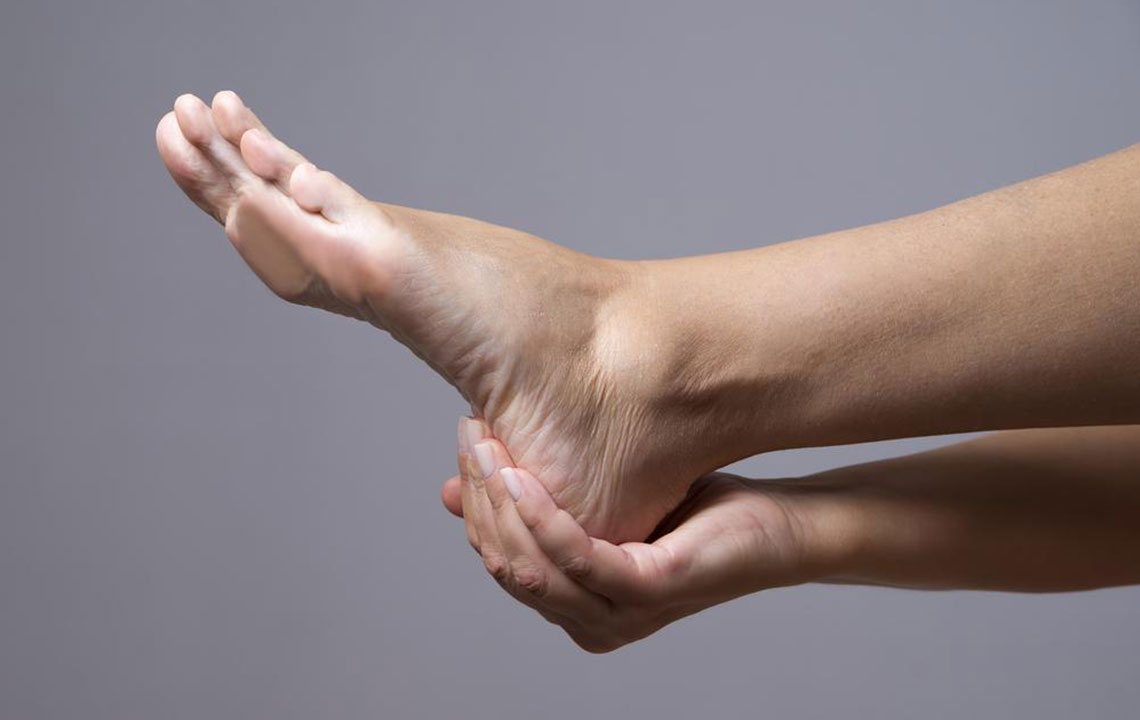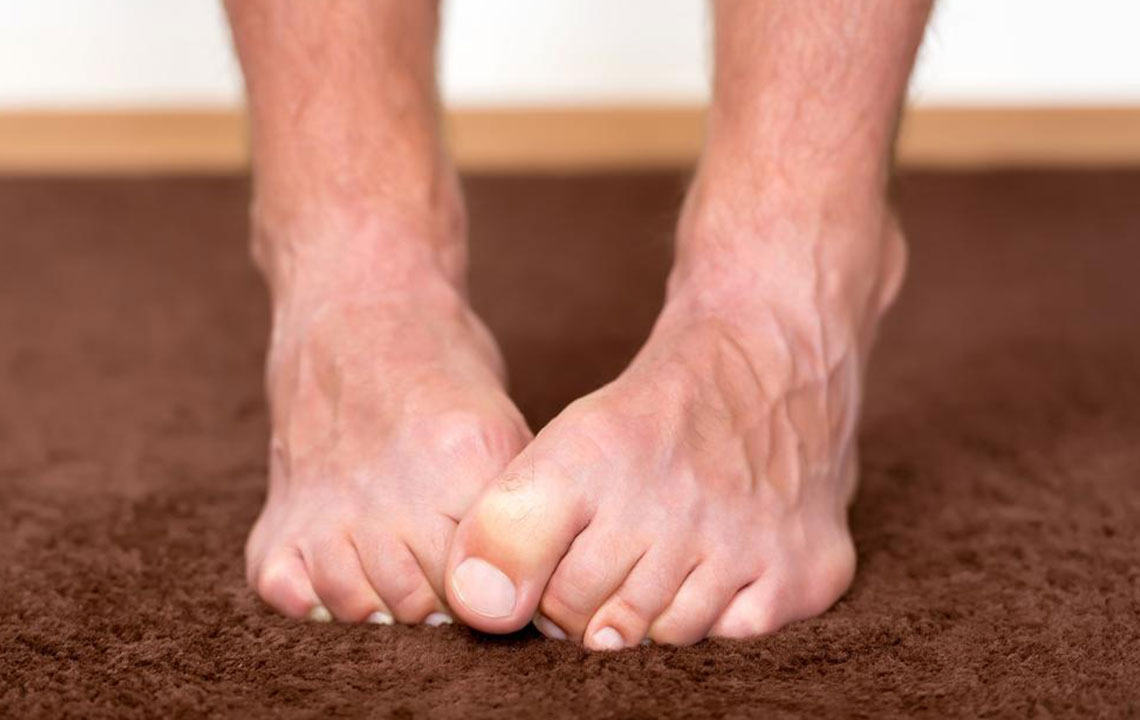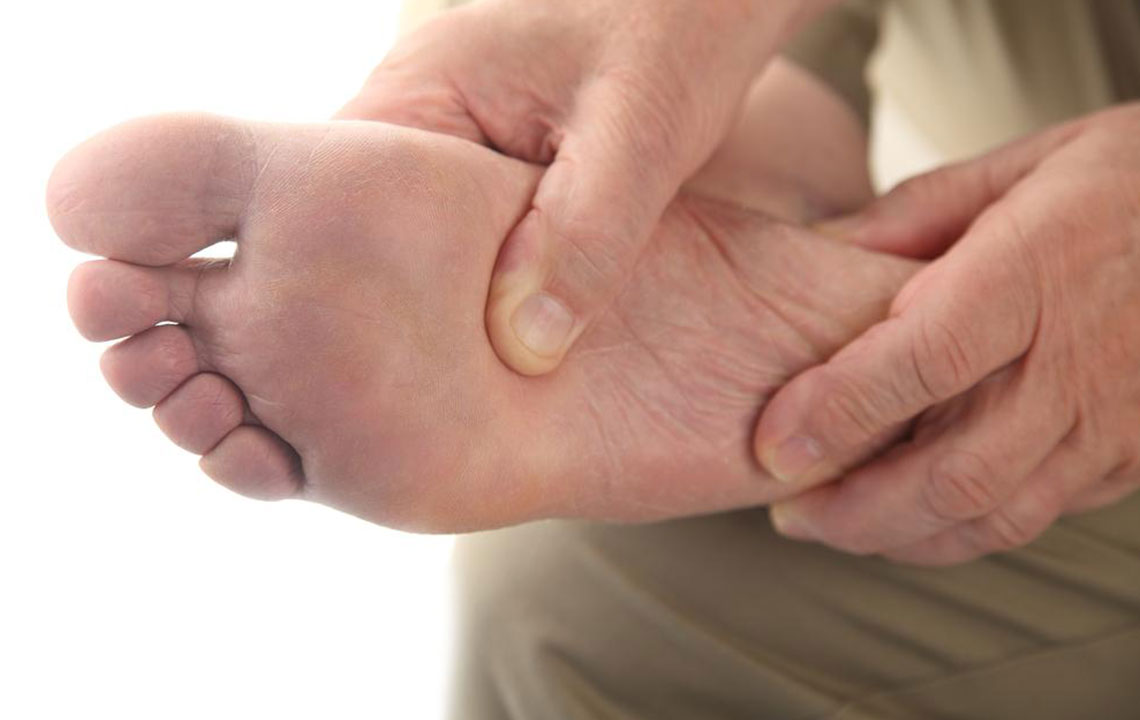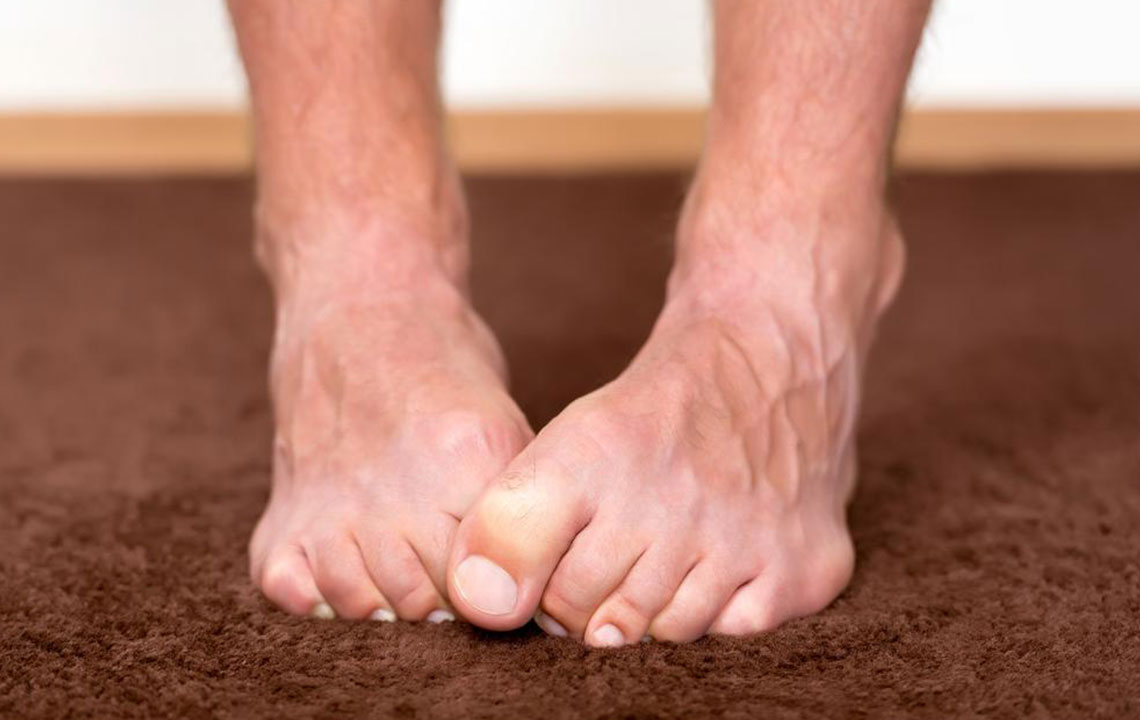Comprehensive Guide to Managing Foot Discomfort from Peripheral Neuropathy
This comprehensive article explores effective strategies for managing foot discomfort caused by peripheral neuropathy. It covers causes, symptoms, diagnosis, and various treatment options, including medications, therapies, and self-care tips. Understanding these approaches can help individuals alleviate pain, improve foot health, and enhance their quality of life. Early diagnosis and a holistic treatment plan are essential for effective management of this nerve-related condition, ensuring better long-term outcomes.

Comprehensive Strategies for Managing Foot Discomfort Caused by Peripheral Neuropathy
Peripheral neuropathy is a condition that affects the nerves responsible for transmitting signals between the brain, spinal cord, and the feet. This nerve damage disrupts normal sensory and motor functions, often leading to persistent foot pain, numbness, tingling sensations, and sometimes weakness in the affected areas. Understanding the underlying causes, recognizing the symptoms early, and implementing effective management strategies are crucial steps in alleviating discomfort and improving quality of life.
Understanding neuropathic foot pain
The human peripheral nervous system functions as a vital communication network, connecting the central nervous system (brain and spinal cord) with various parts of the body, including the arms, legs, and feet. These nerves are responsible for relaying sensory information, such as touch, temperature, and pain, as well as coordinating muscle movements. When nerves become damaged — whether from injury, infection, or chronic illness — the communication pathway breaks down, resulting in abnormal sensations like burning, tingling, or sharp pain, and in some cases, decreased motor control in the foot region.
Common causes of neuropathic foot discomfort
Neuropathy in the feet can arise from a multitude of factors, often linked to lifestyle, underlying health conditions, or external injuries. Recognizing these causes is essential for effective management and preventing further nerve damage. Common contributors include:
Excessive alcohol consumption which can interfere with nerve health
Trauma or injuries to the spine, hips, or lower extremities that impact nerve pathways
Chronic metabolic conditions like diabetes mellitus, which damage nerve fibers over time
Obesity and overweight conditions that exert pressure on nerves
External injuries such as cuts, fractures, or crush injuries
Persistent illnesses involving immune responses and infection
Kidney disease leading to toxin buildup affecting nerve function
Degenerative neurological disorders like multiple sclerosis
Bone marrow abnormalities that impact nerve integrity
Deficiencies in essential vitamins, including B1, B6, B12, and E, critical for nerve health
Advancing age, especially beyond 40 years, increases vulnerability to neuropathy
Recognizing symptoms of neuropathic foot pain
Symptoms often manifest gradually but can vary significantly among individuals. Common signs include:
Intermittent or continuous shooting or stabbing pains, often described as burning or biting sensations
Numbness, tingling, or a sensation of pins and needles in the feet
Weakness or heaviness, leading to difficulty walking or maintaining balance
Skin thinning, dryness, or changes in skin coloration
Low blood pressure, which may cause dizziness or lightheadedness
Excessive sweating, especially in affected areas
Gastrointestinal issues like diarrhea or constipation linked to autonomic nerve involvement
Back discomfort or radiating pain that suggests nerve compression or irritation
It is important to note that each individual may experience a unique combination of symptoms depending on the extent and location of nerve damage.
Diagnosing nerve-related foot issues
Early diagnosis is critical for effective treatment. When symptoms present, a healthcare professional will perform a comprehensive assessment, including:
Physical examination focusing on sensory response, muscle strength, and reflexes in the feet and legs
Blood tests to evaluate vitamin levels, blood sugar, thyroid function, and more
Nerve conduction studies and electromyography (EMG) to measure nerve response speed and muscle activity
Imaging techniques such as MRI or CT scans to identify structural causes like herniated discs or tumors
Additional specialized tests may be used to pinpoint the precise neural damage and underlying causes, facilitating targeted treatment.
Treatment options for peripheral neuropathy-related foot pain
Pharmacological interventions
Managing nerve pain often involves medication. Over-the-counter pain relievers like acetaminophen, aspirin, or ibuprofen can be used for mild discomfort. However, for chronic or severe pain, healthcare providers may prescribe stronger medications such as NSAIDs, opioids (like morphine or oxycodone), or antidepressants (such as amitriptyline or duloxetine), which modulate nerve-related pain signals. Topical agents, including capsaicin creams, can provide localized relief by desensitizing nerve endings.
Therapies and procedural approaches
In some cases, additional treatments may be necessary. Blood transfusions or plasmapheresis can improve circulation and remove harmful antibodies, especially in immune-related neuropathies. Physical therapy plays a vital role by strengthening muscles, improving flexibility, and reducing nerve compression. Surgical interventions are reserved for cases with nerve tumors, severe compression, or structural abnormalities. Devices such as orthotic splints help support the feet, stabilize gait, and prevent further nerve injury. Alternative therapies like acupuncture, massage therapy, and chiropractic adjustments can also contribute to pain relief and nerve regeneration.
Self-care and lifestyle modifications
Patients can adopt several self-management strategies to minimize discomfort and promote nerve health, including:
Wearing supportive, well-fitting footwear that cushions the feet and alleviates pressure
Maintaining foot hygiene by keeping the skin clean and moisturized to prevent infections
Avoiding walking or standing for long periods to reduce strain
Engaging in low-impact exercises such as swimming or gentle walking to stimulate circulation
Regularly inspecting feet for injuries, cuts, or skin changes
Managing underlying conditions effectively, particularly blood sugar levels in diabetics
Reducing stress through relaxation techniques and ensuring adequate rest
Effective management of peripheral neuropathy foot pain requires an integrated approach combining medical treatment, physical therapy, lifestyle adjustments, and sometimes surgical intervention. The goal is to control symptoms, improve mobility, and prevent further nerve damage, thereby enhancing overall quality of life.




